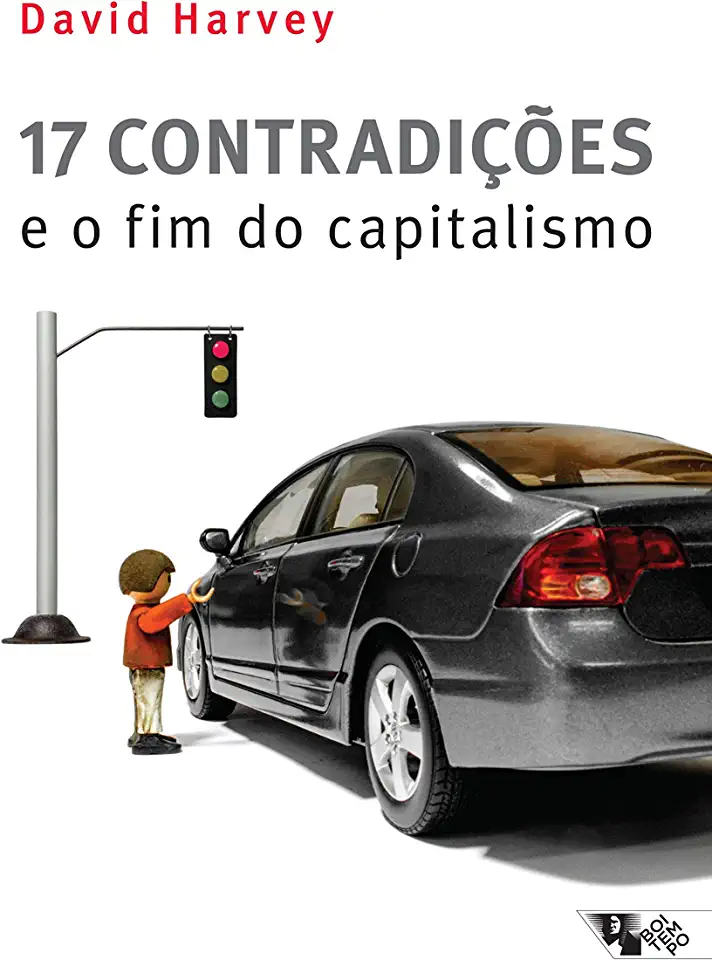
Marx's Economic Ideas - David Harvey
Marx's Economic Ideas: A Comprehensive Guide to the Economic Theories of Karl Marx
Introduction
In the realm of economic thought, few figures have had as profound an impact as Karl Marx. His groundbreaking ideas have shaped our understanding of capitalism, class struggle, and the dynamics of economic systems. In his seminal work, "Marx's Economic Ideas," David Harvey provides a comprehensive exploration of Marx's economic theories, offering a lucid and engaging guide to one of the most influential thinkers in history.
Understanding Marx's Economic Framework
Harvey begins by establishing the foundation of Marx's economic framework, delving into the concept of historical materialism. This theory posits that the economic structure of society forms the basis for all other social, political, and cultural institutions. Marx argues that the mode of production, or the way in which goods and services are produced, determines the class structure and the distribution of power within a society.
The Labor Theory of Value
Central to Marx's economic ideas is the labor theory of value. Marx asserts that the value of a commodity is determined by the amount of socially necessary labor time required to produce it. This theory challenges the prevailing notion of value based on supply and demand, emphasizing the role of labor in creating economic value.
Exploitation and Surplus Value
Harvey delves into Marx's concept of exploitation, arguing that under capitalism, workers are paid only a fraction of the value they create through their labor. The difference between the value of labor and the wages paid to workers constitutes surplus value, which is appropriated by the capitalist class. This exploitation forms the basis for class conflict and the inherent contradictions within capitalism.
The Accumulation of Capital
Marx analyzes the process of capital accumulation, demonstrating how it leads to the concentration of wealth in the hands of a few and the impoverishment of the working class. He argues that the pursuit of profit drives capitalists to constantly accumulate more capital, leading to a relentless cycle of exploitation and inequality.
Crisis and Contradictions of Capitalism
Harvey explores the inherent contradictions and crises within capitalism, highlighting the tendency for the rate of profit to fall over time. This decline, Marx argues, leads to periodic economic crises, unemployment, and social unrest. These crises expose the fundamental flaws of capitalism and point towards the need for a more just and equitable economic system.
Beyond Capitalism: Envisioning a Socialist Future
Marx's economic ideas extend beyond a critique of capitalism, offering a vision for a socialist future. Harvey discusses Marx's concept of communism, a society where the means of production are collectively owned and controlled, and the exploitation of labor is eliminated. This vision of a classless, egalitarian society provides an alternative to the contradictions and injustices of capitalism.
Conclusion
"Marx's Economic Ideas" by David Harvey is a must-read for anyone seeking a deeper understanding of the economic theories of Karl Marx. Harvey's comprehensive analysis and engaging writing style make this book an invaluable resource for scholars, students, and anyone interested in the foundations of modern economic thought. Through Marx's ideas, we gain insights into the workings of capitalism, the dynamics of class struggle, and the potential for a more just and equitable economic system.
Enjoyed the summary? Discover all the details and take your reading to the next level — [click here to view the book on Amazon!]